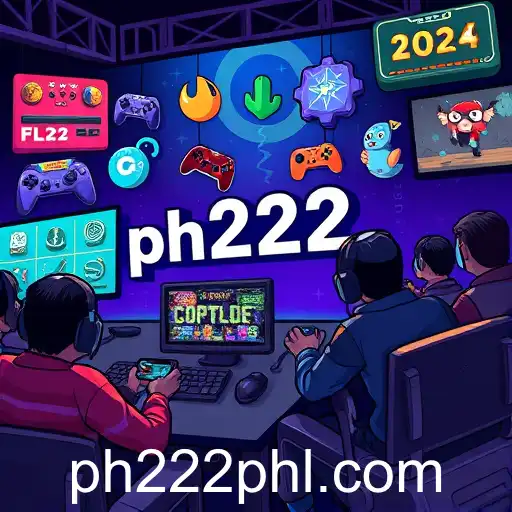
Exploring the burgeoning puzzle gaming communities online and their impact on global gaming culture.
In recent years, the world of online gaming has seen a significant shift towards community-driven experiences, notably in the puzzle gaming sector. The emergence of websites like PH222 has catalyzed interest in collaborative puzzle-solving, drawing users from all age groups across the globe.
Puzzle games have long been a staple for casual gamers due to their simplicity and engaging nature. However, the integration of online platforms has transformed these solitary challenges into communal events, where players can share strategies, solve puzzles together, and even compete in global tournaments. PH222 exemplifies this trend by offering a plethora of puzzles that cater to varied skill levels, encouraging both novice and seasoned players to participate.
This surge in online puzzle communities coincides with an era where digital connectivity is at its peak. Players in different time zones can seamlessly connect over shared interests, fostering a sense of global camaraderie and a unique cultural exchange. This dynamic network does more than just entertain; it enriches everyday experiences, providing comfort and engagement in a time when physical socialization can be limited.
Commentary from game developers highlights the importance of community feedback in shaping the future of puzzle games. Developers are increasingly using insights from player interactions on platforms like PH222 to tailor content that remains fresh and challenging. Moreover, the data collected from these communities allows developers to understand player preferences and implement changes that enhance user experience.
Economic reports also indicate that online puzzle games have seen a rise in revenue, driven by microtransactions and subscriptions. Websites and apps offering additional features for a fee are becoming popular, as players are willing to invest in their leisure activities, especially for high-quality content that provides relaxation and mental stimulation.
The social aspect of puzzle games is bringing about a renewed interest in problem-solving and strategic thinking skills. Educational reports suggest that these games have potential cognitive benefits, aiding in memory retention and analytical ability. Schools and educational institutions are beginning to recognize this potential, integrating puzzle games into curricula to support learning.
As we look toward the future, the dynamics of online puzzle communities continue to evolve. With technological advancements such as virtual reality and augmented reality on the horizon, platforms like PH222 are well-positioned to innovate further, providing immersive experiences that blur the lines between gaming and reality.
Overall, the growth of online puzzle communities represents a profound shift in the gaming landscape, reflecting broader societal changes in how we connect, play, and learn. The story of PH222 underscores the power of collective engagement, where community isn't just a backdrop but a vital element of the gaming narrative.




